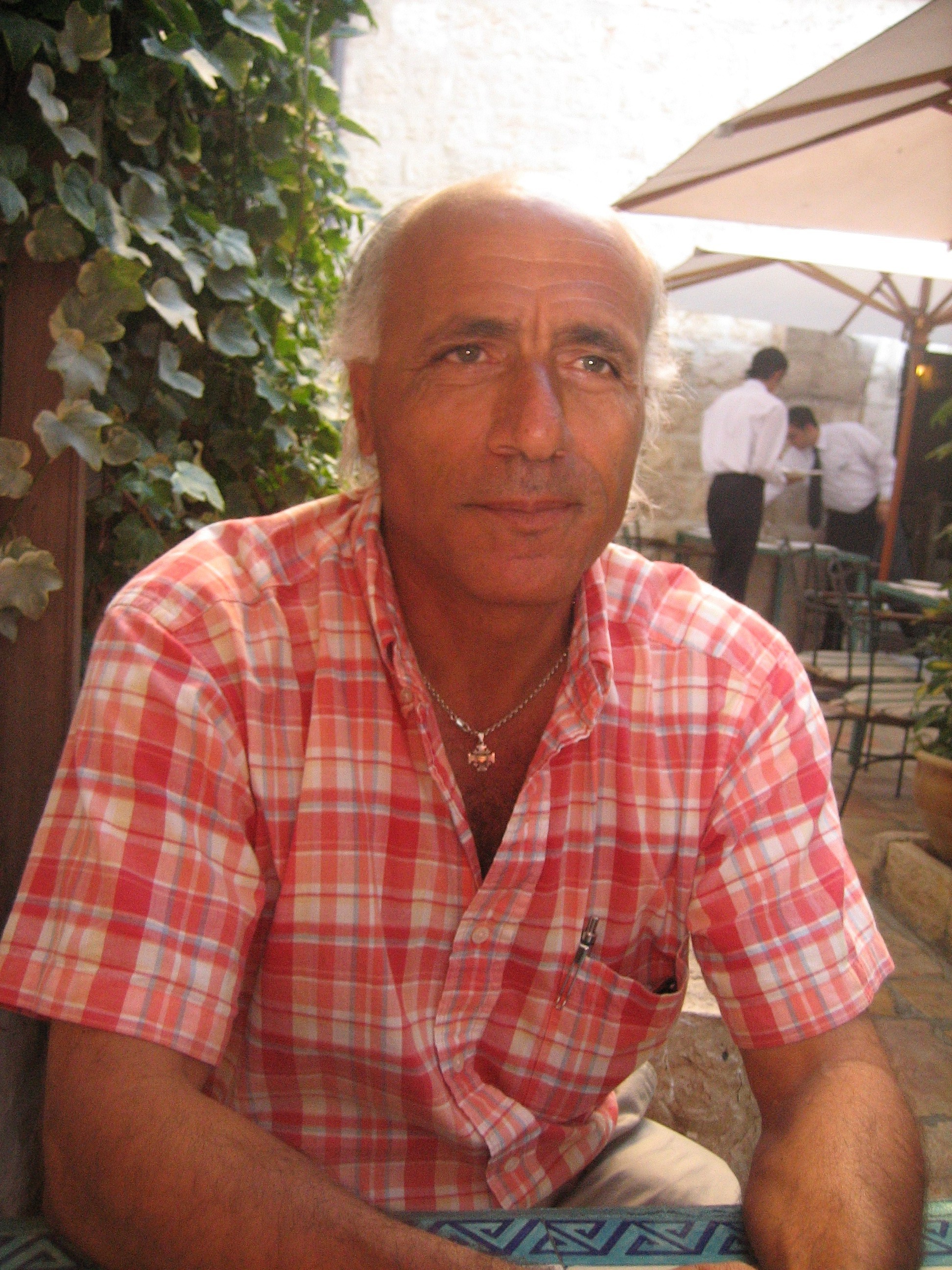Andrew Anglin
Daily Stormer
November 22, 2013

Mordechai Vanunu was an Israeli nuclear technician who, having converted to Christianity, saw fit to reveal to the British government the dangerous extent of the Israeli nuclear program in 1986. He was subsequently lured into a trap by Mossad agents in Italy, and transported to Israel, where he was convicted and imprisoned after a secret ‘trial.’
He was released in 2004, and in that year, made some very interesting statements about the assassination of John F. Kennedy.
The following is the full text of a July 25 2004 Jerusalem Post article on these statements.
Comments by freed nuclear spy Mordechai Vanunu that Israel was behind the assassination of US President John F. Kennedy failed to bring smiles to government officials Sunday.
One would expect that such claims would portray Vanunu as a man with a credibility problem, but as far as the defense establishment is concern, the former nuclear technician still has secrets to reveal and a declared goal of ending Israel’s nuclear program. He shouldn’t be talking to the media and is actually barred from meeting with foreigners.
Nevertheless, the London-base al-Hayat published Sunday an interview is claims it had with Vanunu. According to the interview which appeared in its Arabic supplement Al-Wassat, Vanunu said that according to “near-certain indications”, Kennedy was assassinated due to “pressure he exerted on then head of government, David Ben-Gurion, to shed light on Dimona’s nuclear reactor.”
“We do not know which irresponsible Israeli prime minister will take office and decide to use nuclear weapons in the struggle against neighboring Arab countries,” Vanunu was quoted as saying. “What has already been exposed about the weapons Israel is holding can destroy the region and kill millions.”
Vanunu also said that the reactor in Dimona, where he worked, could become a second “Chernobyl.” He said that an earthquake could cause fissures to the core and that would cause a massive radiation leak threatening millions.
Vanunu warned that Jordan should test the residents along the border with Israel for exposure to radiation and give them pills just like Israel decided to do for its citizens. Vanunu also criticized the visit to Israel early this month by the head of the Atomic Energy Agency, Mohammed el-Baradei.
“He (Baradei) should have refused to have visited Israel (because) he was not allowed to inspect the nuclear reactor,” Vanunu said.
According to al-Hayat, Vanunu now lives “with his Palestinian friends” in east Jerusalem.
It was not clear how al-Hayat did the interview, which the publication claimed with the first Vanunu has granted to a newspaper since his release from Ashkelon prison last April. Vanunu has been barred from granting interviews to foreign media.
But until now, no steps were being planned against Vanunu.
“The statements that Vanunu made will be examined and if it is determined that he violated the law or his restrictions, then steps against him will be considered,” a Justice Ministry statement said.
Defense officials Sunday refused to discuss Vanunu’s latest interview. But they have in the past expressed concern that Vanunu’s comments, as nonsensical as they may be, would be dangerous since it would be taken as credible.
“It’s a question of time until he incriminates himself. This was not the objective. If he’s arrested it won’t be over nonsense. If he’s detained then it’ll be for real,” a security official said. “Vanunu is still obligated to state secrecy.”
“If he gives an interview and talks about prison conditions, that’s OK. But if he moves on to the Dimona reactor, then that’s off limits. Don’t worry, we’ll known,” the official said.
The official said that the security establishment is opposed to him giving interviews because “even his nonsense can get us into trouble.”
Still, these comments were better than they hoped for. Claims that Israel was behind JFK’s 1963 assassination can totally discredit Vanunu. “The opinions on Vanunu are divided,” said Ra’anan Gissin, a spokesman for Prime Minister Ariel Sharon. “Some say let him speak and it adds to the ambiguity policy, while others say the more he speaks the more he raises tensions, particularly in the current atmosphere.”
Gissin said that serious people understood that Vanunu was speaking nonsense and his comments on JFK were not worthy of a reaction.
“This is something you would expect from (Yasser) Arafat,” Gissin said.
 Daily Stormer The Most Censored Publication in History
Daily Stormer The Most Censored Publication in History


